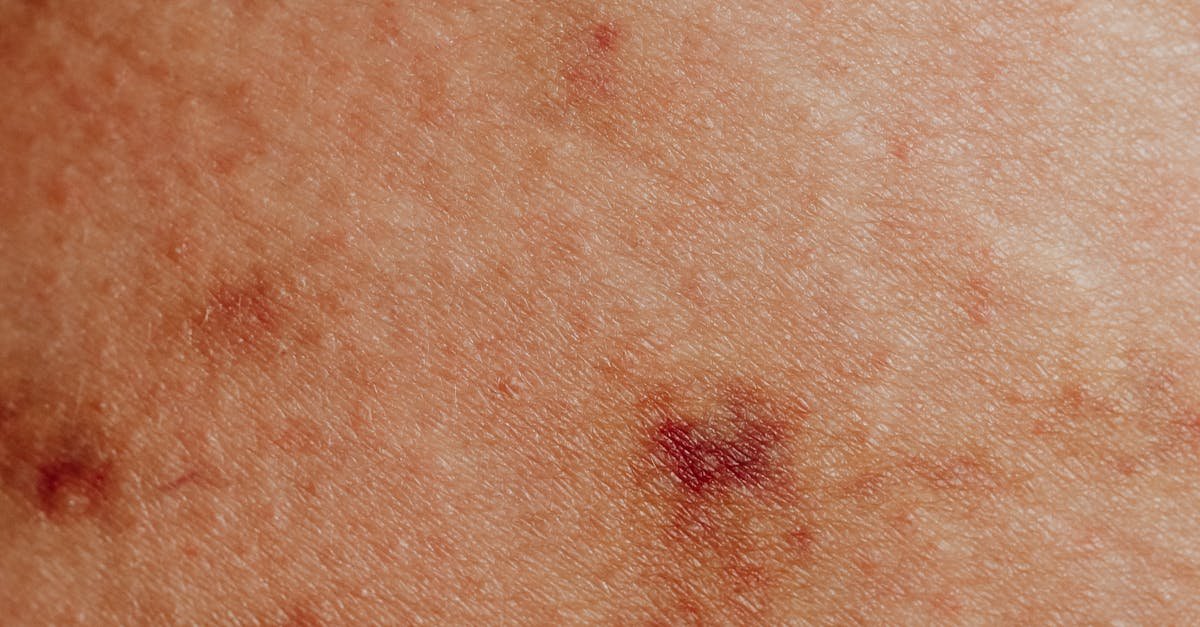Eczema and psoriasis are chronic skin conditions that can significantly impact the quality of life. Understanding how to manage these conditions is crucial for those affected. This guide provides an overview of essential strategies to tackle eczema and psoriasis effectively.
Understanding Eczema
Eczema, also known as atopic dermatitis, is a condition that causes inflamed, itchy, and red patches of skin. It is commonly seen in children but can occur at any age. Understanding its triggers and symptoms is vital for effective management.
Understanding Psoriasis
Psoriasis is an autoimmune condition characterized by the rapid growth of skin cells, leading to thick, red, scaly patches. This condition can be painful and uncomfortable, often requiring specific treatments to manage flare-ups.
Identifying Triggers
Both eczema and psoriasis can be exacerbated by various triggers, including environmental factors, allergens, and stress. Keeping a diary to track flare-ups can help identify personal triggers and avoid them in the future.
Skincare Routine
Establishing a consistent skincare routine is crucial. For eczema, this often involves moisturizing regularly with emollients. For psoriasis, medicated creams or ointments prescribed by a dermatologist may be necessary to control symptoms.
Diet and Lifestyle Changes
Diet can play a significant role in managing both conditions. Incorporating anti-inflammatory foods while avoiding potential irritants, such as gluten or dairy, may help. Additionally, stress management techniques like yoga or meditation can reduce flare-ups.
Medical Treatments
Consulting a healthcare professional is essential for a tailored treatment plan. Options may include topical treatments, phototherapy, and systemic medications for severe cases. Regular follow-ups are important to monitor progress and adjust treatments.
Support and Resources
Support groups and online resources can provide valuable information and emotional support for those dealing with eczema and psoriasis. Connecting with others who share similar experiences can be reassuring and informative.
| Aspect | Eczema | Psoriasis | Common Symptoms | Treatment Options |
|---|---|---|---|---|
| Type | Chronic | Autoimmune | Itchy, Red Patches | Topical Steroids |
| Triggers | Allergens, Stress | Infections, Stress | Dry Skin, Flare-Ups | Phototherapy |
| Age of Onset | Often Childhood | Any Age | Scaly Patches | Systemic Medications |
| Management | Emollients | Medicated Creams | Cracking Skin | Support Groups |
Managing eczema and psoriasis requires a comprehensive approach that includes understanding the conditions, identifying triggers, maintaining a skincare routine, making dietary adjustments, and seeking medical treatment. With the right strategies, individuals can lead a more comfortable life despite these chronic conditions.
FAQs
What are the main differences between eczema and psoriasis?
Eczema is primarily an inflammatory skin condition often associated with allergies and is characterized by itching and redness. Psoriasis is an autoimmune disorder that leads to the rapid growth of skin cells, resulting in thick, scaly patches.
Can diet affect eczema and psoriasis?
Yes, diet can significantly impact both conditions. Anti-inflammatory foods may help reduce flare-ups, while certain allergens, like dairy and gluten, could exacerbate symptoms in some individuals.
What treatments are available for eczema and psoriasis?
Treatment options include topical steroids, moisturizers, phototherapy, and systemic medications. It is essential to consult a healthcare professional for a personalized treatment plan.
How can I identify my triggers for eczema and psoriasis?
Keeping a diary to track your symptoms and note any potential triggers, such as foods, stress levels, or environmental factors, can help you identify what exacerbates your condition.

